
Buyers look for updated electrical systems
- Feb 18 2026
- /
- 91

A survey indicated Australian's are spending 90 per cent of their time indoors.
This means energy usage is going up. What we do in our homes has also changed. There is a good chance a portion of that time is spent being connected to a device.
How to save money on energy costs in the era of Bluetooth and connectivity.
Any product with a light blinking is using energy. The amount of energy these appliances use on standby use can vary widely.
Even products that do exactly the same function say a Soundbar may have vastly different standby energy usage rates.
It is claimed the difference in a Soundbar standby energy use can vary from 0 - $20 per annum. This may sound small but it can add up with a number of devices connected in your home.
Check the energy rating of devices you purchase.
"In a relatively short time it is projected each household will have on average 20 Internet connected devices running concurrently."
ABC The Pineaple Project
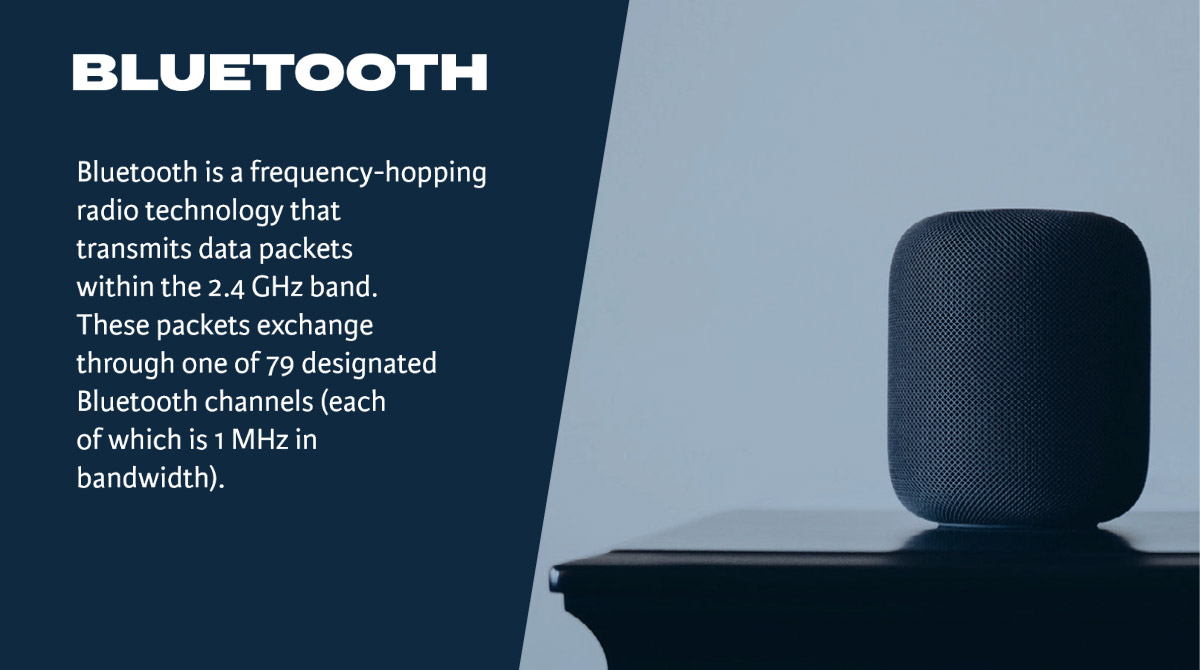
Bluetooth is the wireless connection that lies between your phone or tablet and the device you are connecting to. Data is exchanged without the need for wires.
Bluetooth low energy is a low energy version of Bluetooth. It is not ideal for talking on the phone but can be useful for applications that exchange small amounts of data.
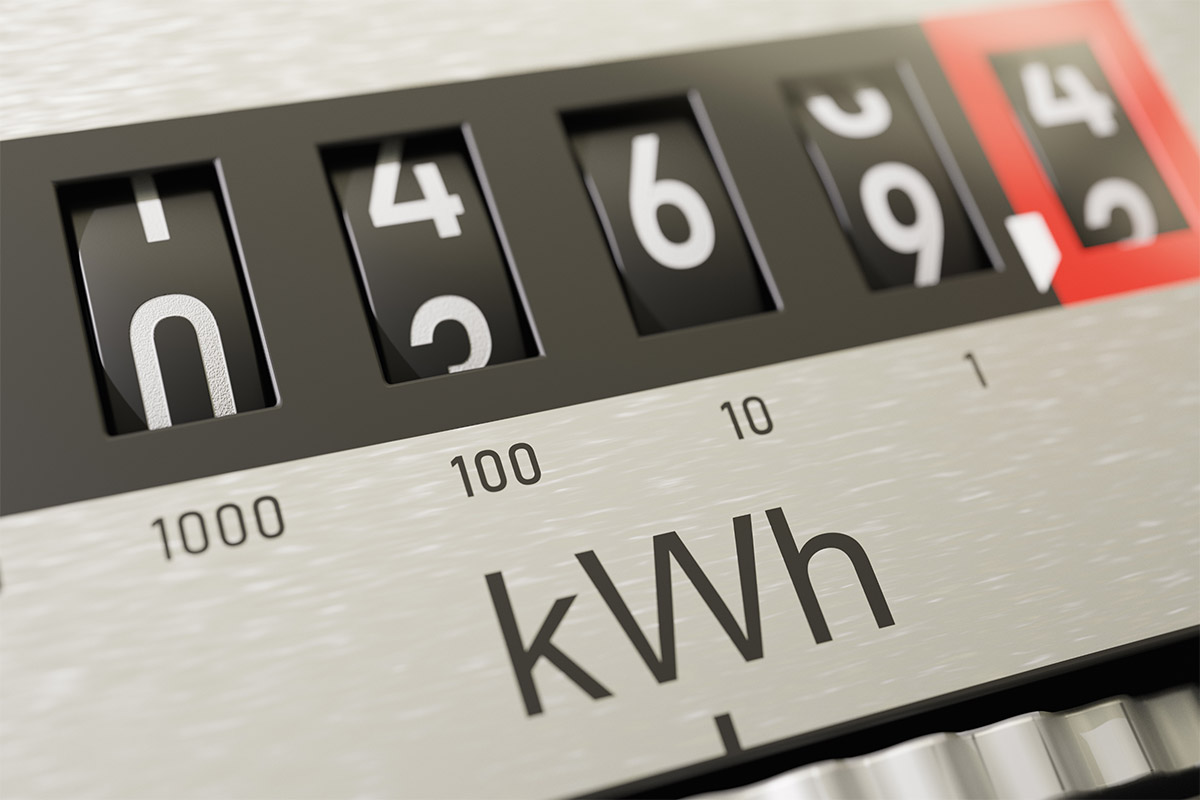
It is important to know the big energy usage appliances in your home.
"33.33% - 40% or more of energy use is for heating or cooling."
ABC The Pineaple Project
Window coverings and blinds, reduce heat transfer.
Correctly placed foilage can reduce direct sun on windows. Shade Sails are a semi-permanent option to reduce direct sunlight on windows.
Bubble wrap taped to windows are an effective heat trap (not necessarily a good look though).
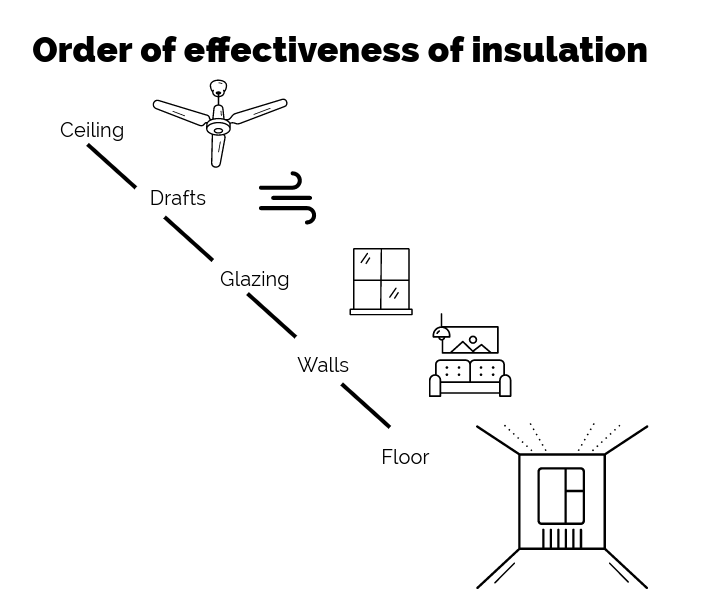
Insulation stops heat transfer, so get your insultaion checked.
It has to work like a heat blanket with no gaps for heat to escape.
Well performing insulation can save 35-40% of heat going out of your roof and can save up to 45-50% on heating costs.
Bathrooms work like mini a chimney and suck warm air out if you use an exhaust fan.
It is recommended to prevent heat transfer in both directions summer and winter. Many homes in Brisbane are not designed well for winter. A thermally inefficient home is a culprit for higher energy costs.
Hot water accounts for 25% of household energy usage.
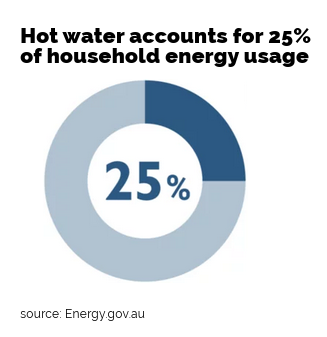
You may not need to have your hot water on all of the time.
Approximate numbers from energy.gov.au
Appliances 30%
Hot water 25%
Heating - Cooling 40%
Lights 8 - 15%
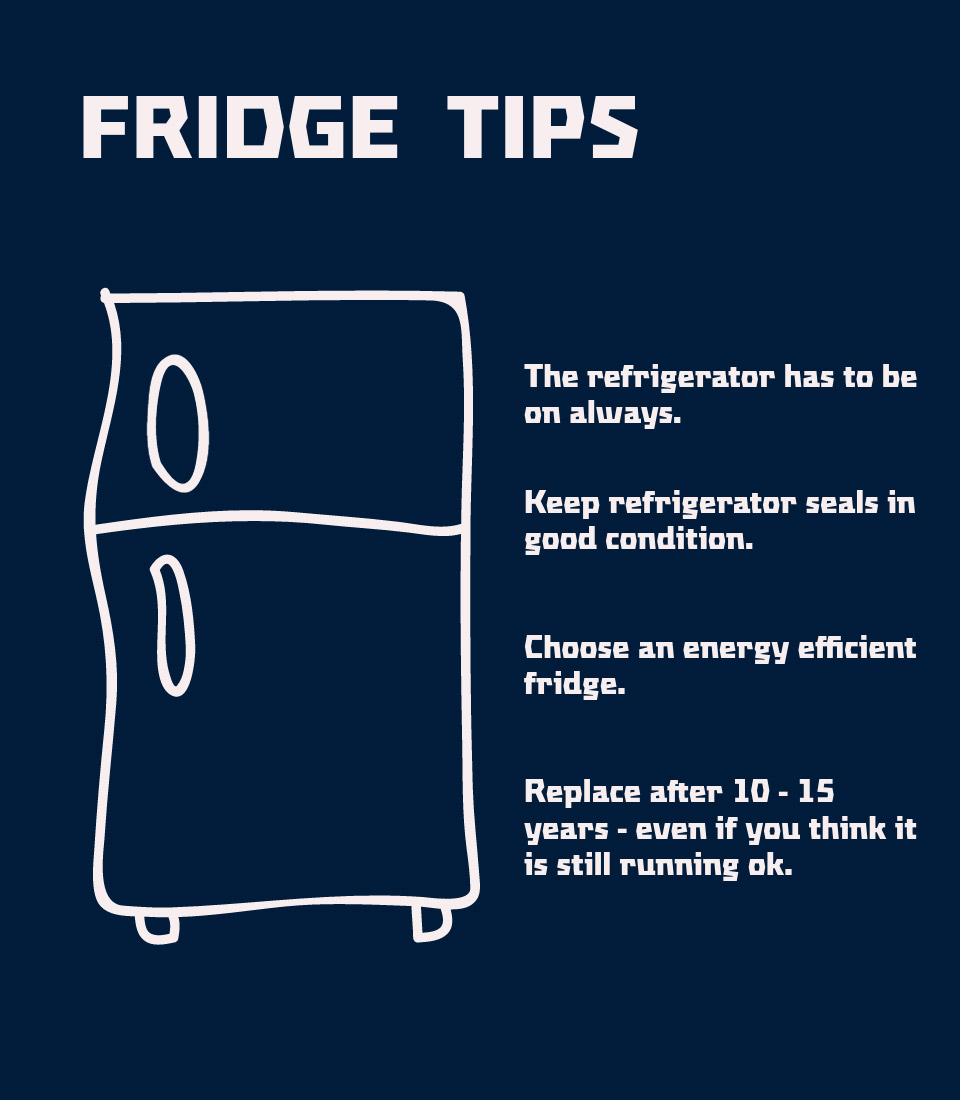
The refrigerator has to be on always. Keep refrigerator seals in good condition.
Choose an energy efficient fridge. One expert recommended replacing after 10 - 15 years - even if you think it is still running ok.
When purchasing a new refrigerator check energy rating.
The 3 biggest energy users in the home are Heating, Cooling and Hotwater.
Only suggestion to get to net zero (2035 - 2040) is to replace fuel using items with a clean electrical alternative.
Save for bigger ticket items that will save electricity. Solar can cost between $3,000 - $12,000 and would gradually pay back the investment.
ABC Life Matters The Pineaple Project Big Home Energy
https://www.link-labs.com/blog/bluetooth-vs-bluetooth-low-energy










Check out our amazing 9 STAR QUALITY GUARANTEE